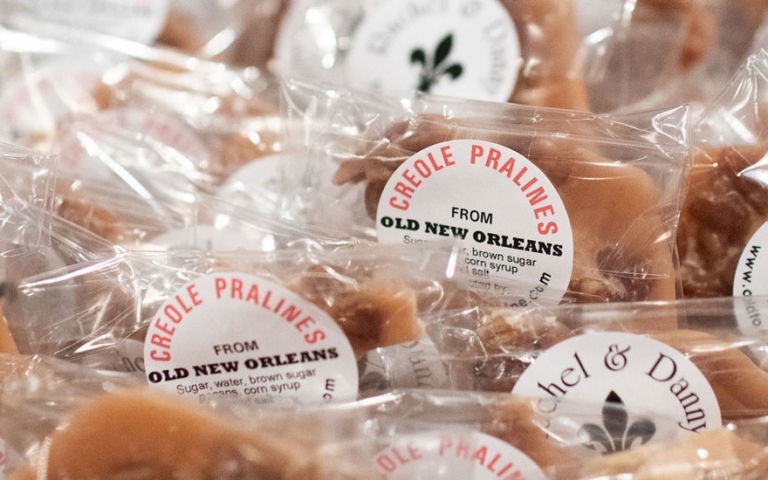Parents navigating the complex menu of modern child-rearing now have another ingredient to worry about. Publix Super Markets has yanked its GreenWise Pear, Kiwi, Spinach & Pea Baby Food pouches from the shelves of all 1,404 stores faster than a soufflé collapse at a slammed door.
This recall marks the second course in what appears to be a concerning pattern. Just last month, Target pulled its Good & Gather pouches from circulation—with lead being the culinary culprit in both cases.
The affected Publix products—4-ounce pouches with a “Best If” date of November 1, 2025—were manufactured by Bowman Andros LLC, a Virginia-based company. The recall was triggered after routine sampling detected the potential contamination. At the time of publication, Bowman Andros LLC has not issued a public statement regarding the situation.
“As part of our commitment to food safety, potentially impacted products have been removed from all store shelves,” said Maria Brous, Publix’s Director of Communications in the company’s official recall notice. “To date, there have been no reported cases of illness.”
A Recipe for Concern
According to the Centers for Disease Control and Prevention (CDC), there is no safe level of lead exposure for children. The CDC’s official guidance states that even low levels of lead in blood have been shown to affect IQ, ability to pay attention, and academic achievement.
The most concerning aspect of lead exposure, according to CDC materials, is that it often produces no obvious symptoms. The health organization’s website explains that lead’s effects are typically discovered later, after developmental issues become apparent.
The American Academy of Pediatrics has long advocated for stricter standards in baby food production. In a 2021 policy statement, the organization noted: “There is no identified threshold or safe level of lead in blood,” emphasizing the importance of preventing exposure before it occurs.
A Stew of Industry Questions
These consecutive recalls highlight ongoing discussions about food safety oversight. The FDA introduced new voluntary guidelines on lead in baby food earlier this year—an approach that some consumer advocates have criticized as insufficient.
The FDA’s “Closer to Zero” action plan, launched in 2021 and updated regularly, aims to reduce exposure to toxic elements from foods eaten by babies and young children. When they get older you may need mom hacks to trick them, but babies will eat anything. So we want them to have safe food. However, these guidelines remain voluntary for manufacturers, leaving questions about enforcement and compliance.
For parents already juggling the chaotic buffet of childcare challenges, these recalls add another complex consideration to the daily menu. The baby food aisle—once a simple stop in the weekly shopping routine—now requires careful reading of recall notices and expiration dates.
As investigations continue into the cause of these contaminations, both manufacturers and regulators face increased scrutiny about testing protocols and preventative measures in baby food production.


















